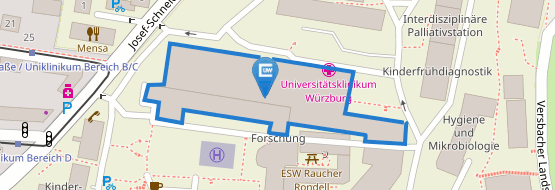A22 - Zernecke
γδ T cells in the pathogenesis of atherosclerosis
Summary
It is well recognized that atherosclerosis is a chronic inflammatory disease in which both innate and adaptive immune responses cooperate to fuel the inflammatory process within the vascular wall. Various immune cell types have been revealed to contribute to the initiation and progression of atherosclerotic lesion development. Besides monocytes/macrophages and dendritic cells, also the balance between pro-inflammatory and anti-inflammatory T cell responses and their modulation by regulatory mechanisms is a critical determinant of atherosclerosis. In particular, Th1 responses are known to play a major pro-atherogenic role, and are counterbalanced by regulatory T cells. The role of Th17 cells and their prototypical cytokine IL-17 in atherosclerosis remain controversial. The role of gamma delta T cells in atherosclerosis has not been evaluated. Gamma delta T cells are regarded as a non-conventional T cell subset endowed with features of innate and adaptive immune cells.
We here will study mechanisms of the activation of gamma delta T cells in the vessel wall and investigate their functional contribution to atherogenesis. We will furthermore evaluate the crosstalk between dendritic cells and gamma delta T cells that shape the immune response in the vascular wall. We will furthermore attempt to establish a therapeutic strategy of antibody-mediated targeting of vascular gamma delta T cells for atheroprotection in vivo. Finally, we will analyze the expression of cytokines/receptors and effector molecules identified in gamma delta T cells in human atherosclerosis, thus establishing a link between our mechanistic studies and human disease, and providing new putative targets for anti-atherosclerotic therapies.

